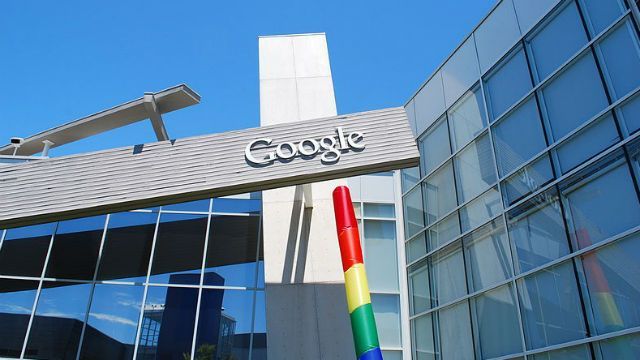 TheTechMedia.com/wp-content/uploads/2021/01/Googleplex-300×169.jpg 300w” sizes=”(max-width: 640px) 100vw, 640px”>
TheTechMedia.com/wp-content/uploads/2021/01/Googleplex-300×169.jpg 300w” sizes=”(max-width: 640px) 100vw, 640px”>Google, much like every other major tech giant in the world, has recently been in hot waters over its monopoly in the search market, as well as data tracking practices that put user privacy at risk. Incognito mode, which is one of the most useful features on any web browser, is often touted as a safe space by those less proficient with internet, who mistake the mode as a colloquialism for ‘total privacy’. While Google does inform users about its data collection policies every time you open incognito mode, it looks like lawmakers are not content with the bare minimum, and thus, Google’s plea to have a $5bn case for tracking user data in incognito mode has been rejected.
The case was filed on behalf of three plaintiffs- Chasom Brown and Maria Nguyen, both of Los Angeles, and William Byatt, a Florida resident, back in June 2020. The lawsuit sought at least $5bn from the search giant.
As one would expect, Google moved to get the case dismissed immediately, saying that users had been provided with adequate information, and that the company informs them every time incognito mode is turned on. However, this plea was dismissed by Federal Judge Lucy Koh, who wrote in her ruling, “The court concludes that Google did not notify users that Google engages in the alleged data collection while the user is in private browsing mode.”
As mentioned before, the lawsuit focuses on Google being able to track and collect data even when the users have switched to private browsing. However, the lawsuit also goes into detail about the power that the search giant holds over individuals, as a part of the complaints states that, “Google knows who your friends are, what your hobbies are, what you like to eat, what movies you watch, where and when you like to shop, what your favourite vacation destinations are, what your favourite colour is, and even the most intimate and potentially embarrassing things you browse on the internet- regardless of whether you follow Google’s advice to keep you activities ‘private’.”
The company disputes these claims, and has said it will surely put up a fight. The tech giant has claimed that whenever a user opens up a new incognito window, all relevant information is stated right there on the home screen. Google also states that it has already clarified that incognito, by no means, equates to invisible, and even though neither the browser nor the device will store any history or data, the visited websites as well as the third-party applications they use for advertisement can. What the plaintiffs claim however is that these ads are sometimes provided by Google itself, and hence they have access to the information which the users thought was private.
As the dismissal plea has been denied, the case will be heard further in the US District Court for the Northern District of California. While the $5 billion hangs over Google, the plaintiffs will not have it easy either, as the three of them will be up against the significantly larger and more powerful legal team of the tech giant.








